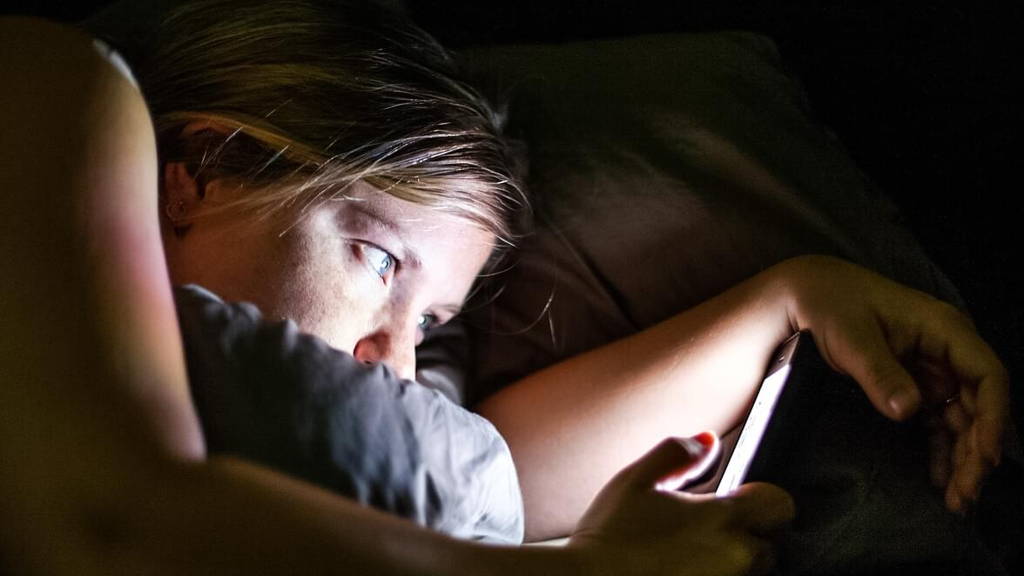The study, led by Lynette Vernon of Murdoch University in Perth, examined 1,101 Australian high school students over four years. It showed that young teens, aged between 13 and 16, use their phones to text, phone, or message into the night. Using their phone thus has a significant effect on their sleeping patterns, which causes problems with their mental health.
Phones disrupted sleep in two ways, with the bright blue light from its screen and the messages received before sleep spiking cognitive and emotional arousal. Not sleeping not only results in ‘moody’ teenagers, but could also leave teenagers experiencing lower self-esteem, more aggressive behaviour and less self-regulation. On average, even when a teens phone behaviour started out healthy, it became more problematic as they advanced through high school.
Vernon advises parents to set physical boundaries for their children, like buying an alarm clock instead of using a mobile phone to wake up. Parents should also set a good example: seeing parents use their mobile phones until deep in the night normalizes the behaviour. That may sound like a no-brainer, but research by Common Sense Media shows that 69% of parents check their phone at least hourly. The right education about normal phone behaviour could also make all the difference, Vernon states.
Texting till three in the morning
Unrestricted use of phones might lead to psychosocial maladjustment, including declines in self-esteem and coping. The same Australian teens were monitored from 2010 till 2013, which gave the researchers insight into the long-term effects of mobile phone usage at night-time. Throughout high school, sleeping problems only seem to get worse for teens. Being ‘always on’ means that they are texting up until 3.00 a.m., when teenagers need between eight and ten hours of sleep to developed healthily.Phones disrupted sleep in two ways, with the bright blue light from its screen and the messages received before sleep spiking cognitive and emotional arousal. Not sleeping not only results in ‘moody’ teenagers, but could also leave teenagers experiencing lower self-esteem, more aggressive behaviour and less self-regulation. On average, even when a teens phone behaviour started out healthy, it became more problematic as they advanced through high school.
Similar results in U.K. poll
A poll, carried out by Digital Awareness UK and the Headmasters' and Headmistresses' Conference, covered the same topic for British teens back in 2016. The poll asked 2,750 teens, aged 11 to 18, whether they check their phones after going to bed, to which 45% answered ‘yes’. A quarter reported that they feel tired during the day, because of how often they use their mobile device at night. This subsequently affects their ability to concentrate at school.Vernon advises parents to set physical boundaries for their children, like buying an alarm clock instead of using a mobile phone to wake up. Parents should also set a good example: seeing parents use their mobile phones until deep in the night normalizes the behaviour. That may sound like a no-brainer, but research by Common Sense Media shows that 69% of parents check their phone at least hourly. The right education about normal phone behaviour could also make all the difference, Vernon states.






